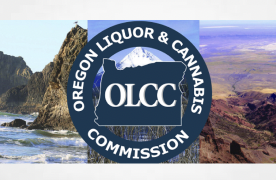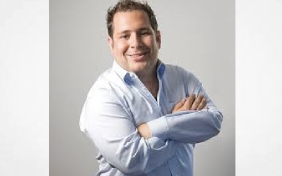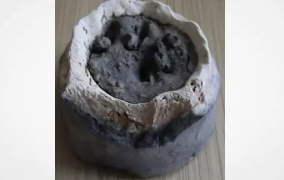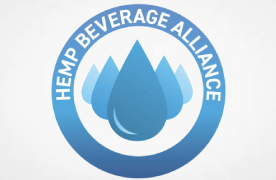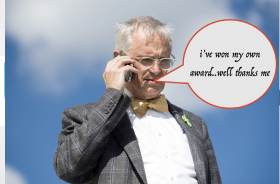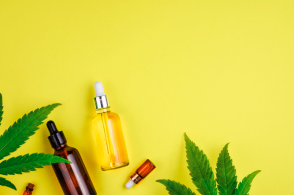In our article on cannabidiol (CBD) legal situation, we have summarized the essential points for most European countries.
As the European Court ruled against France about a ban against CBD products to be distributed in the country. Since November 2022, CBD products are being confirmed as legal in Europe.
With some of the best online CBD companies and distributors, you can now easily and legally buy your CBD flowers, CBD oils, CBD hash and more on the comprehensive CBD shop of JustBob!
Basics about CBD / cannabidiol
CBD and other cannabinoids are mainly found in the inflorescences, leaves and stems of the hemp plant. In contrast, hemp seeds and products made from them do not contain any significant amounts of CBD.
Thus, the article’s regulations do not affect hemp seeds, hemp protein, etc.
Even if we have summarized the current situation as best, we can see in the article. We cannot guarantee legal certainty in each country. Only an appropriate legal expert can do this.
What is the current legal situation regarding hemp products?
And yet, there is more to this sentence than it suggests at first glance. Cannabis is banned in Europe and almost every country because the UN decided it so in 1961.
Because the UN has listed cannabis (flowers, inflorescences and resins) in Appendix 4 of the Single Convention of Narcotic Drugs; appendix 4 describes the most strictly controlled narcotic substances of all. The substances in this group may only be used for scientific and medical purposes under strict state control. In Europe, these substances are regulated by the Narcotics Act.
The UN Single Convention should not prevent the cultivation of industrial hemp for commercial purposes. It is another reason why the EU has introduced the limit of 0.2% THC in its variety catalogue to preserve the hemp industry. Hemp plants may be grown and processed in Europe below this value. Further processed hemp products with less than 0.2% THC may also be sold in Europe.
Novel Food regulation regarding CBD
The Novel Food Regulation regulates the approval of foods for which there is insufficient experience. Therefore, they have to pass a security check before they are put on the market.
In the regulation, substances are designated as novel food if they are not listed for consumption mainly.
Cannabis sativa is listed as “not new” in the EU’s public “novel food list”. Besides, there are no restrictions on individual CDB products made from the hemp plant.
In contrast, CBD as a single substance is assessed as a novel food. Since approval based on the Novel Food Regulation has not been granted, CBD is not marketable. The approval for CBD as “Novel Food” has already been submitted to the EU Commission.
That is why the production method plays an essential role in CBD products. The following applies:
- No novel food: the CBD content in the product is the same as the CBD content in the original plant. Therefore, the product is marketable, provided that the respective additional provisions for each product group are complied with.
- Novel Food: CBD content in the product does not match the CBD content in the original plant. It means that the product is not marketable as food.
The legal situation for growing CBD
The regulations for growing hemp are very different. In this chapter, we only go into essential points.
In most European countries and the UK:
The regulations in Europe for private individuals are clear: The cultivation of hemp is illegal. Regardless of how high the THC or CBD content is. Therefore, the cultivation of such a plant is a criminal offence.
In contrast, farms are allowed to grow hemp under certain conditions. The prerequisite for this is that only certified seeds from EU industrial hemp are used. To do this, the farmer must report this to the authorities before sowing.
Special regulations in Austria, Switzerland, Spain and the Netherlands
Private individuals in these countries are allowed to grow hemp legally under certain conditions. Cultivation to produce addictive substances is prohibited.
What is allowed is the cultivation of hemp from the EU variety catalogue. The prerequisite is that this never exceeds the THC content of 0.3% in Austria, 1 % in Switzerland.
Can I drive after taking CBD?
The answer is: yes, as long as the approved THC limits are observed. In the case of oral use, it must be ensured that the recommended daily intake is chosen so that the acute reference doses determined for THC is not exceeded.
CBD oils have to be taken more and more from the illegal corner because cannabidiol is a legal and non-psychoactive plant substance. Although it is obtained from the cannabis plant in addition to the THC, it still does not have the same effect on the body.
CBD does not get you “high” or cause other known effects in the body. In the case of THC, however, the ban is justified due to the psychoactive effects. CBD can even be seen as an antagonist to THC.
Therefore, the driver’s license is not in danger, even if you consume CBD over a more extended time. Cannabidiol has no proven side effects on the organism and does not affect road traffic.
It doesn’t matter what dosage or what percentage was used: the main thing is that you always stick to the recommended daily amount.
Unfortunately, with many suppliers due to the poor quality, consumer advocates repeatedly determine too high THC levels. The suggestion is only to order CBD oils and CBD products that you can trust with Certificate of Analysis from an accredited laboratory.






